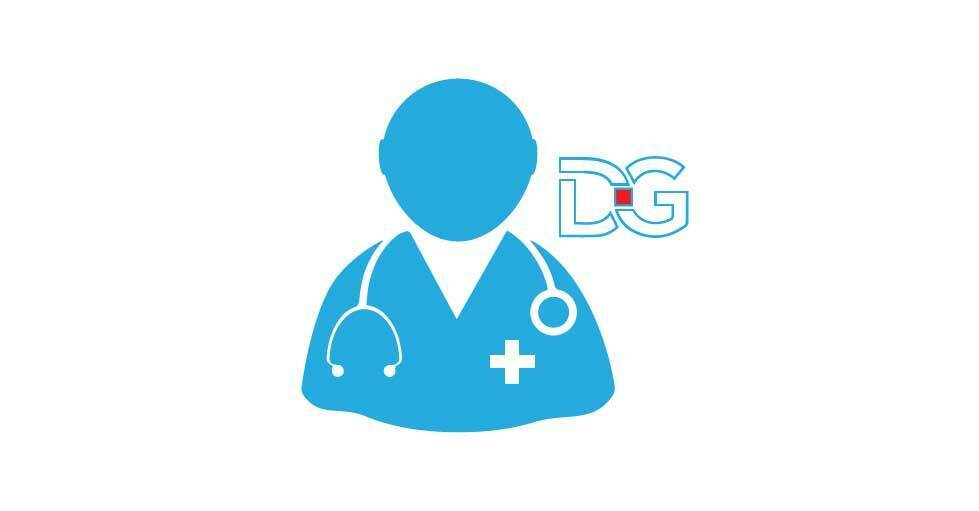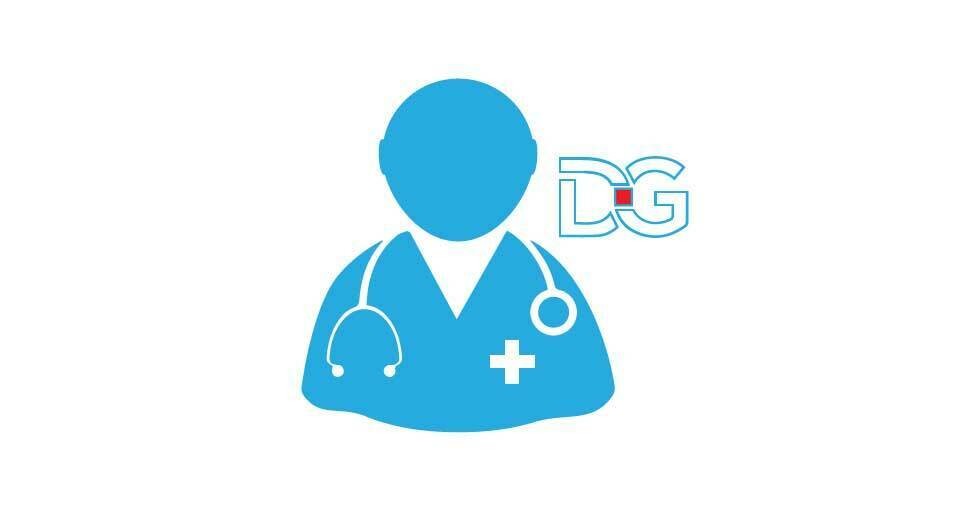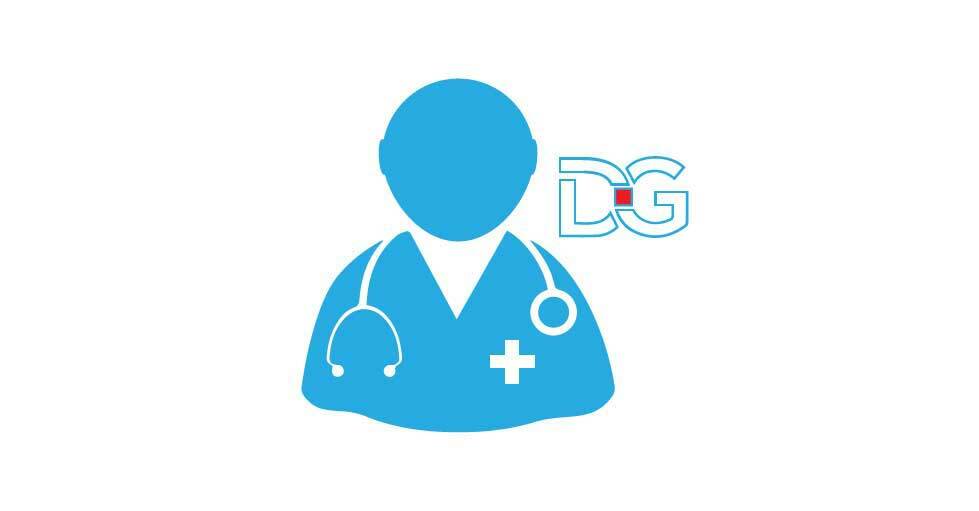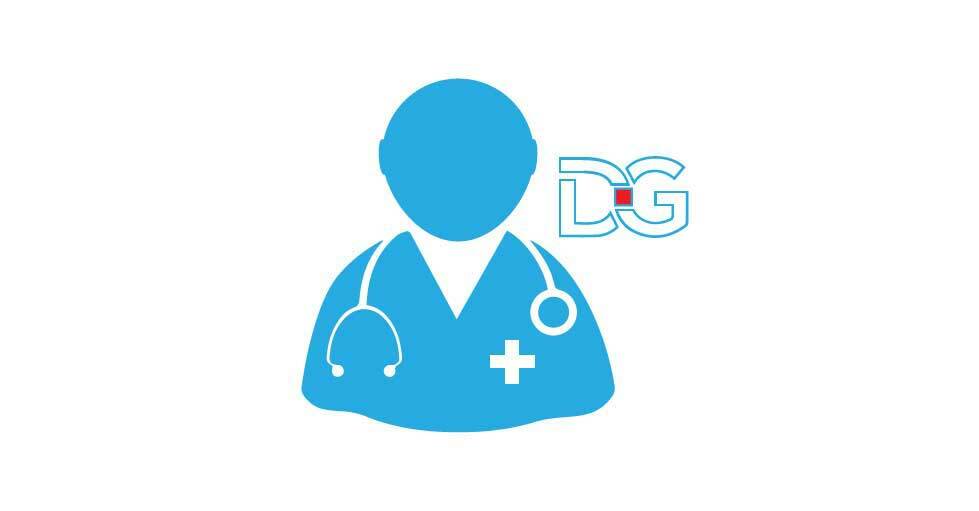Contents
Follow these 10 tips to stay healthy
Don’t forget to skip breakfast.
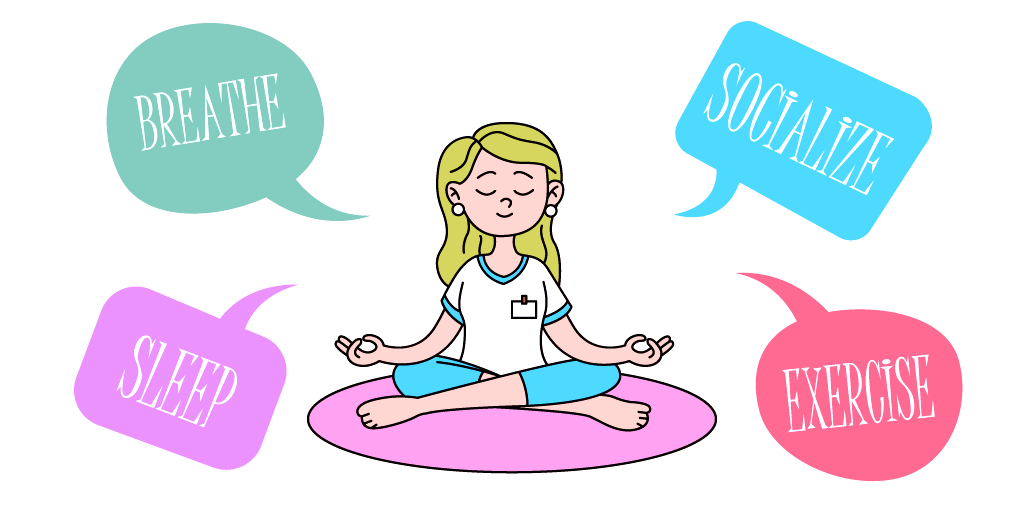
All the stress relief activities in the world won’t help if you don’t take care of yourself. Meditation won’t do you any good if you don’t get enough sleep. In fact, when you try to meditate, you may fall asleep because you are not taking care of your body’s need for sleep.
If you want your stress relief program to work, you need to take care of your basic needs first.
It also covers things you can do to create a self-care plan of your own.
Mental Health in the Workplace Webinar
On May 19, 2022, Verywell Mind hosted a virtual mental hygiene workplace webinar, with Amy Morin, LCSW’s ED Chief. If you do, check out this overview to learn ways to mislead helpful techniques to serve up a healthy environment and improve your strength.
What Is Self-Care?
This could be making sure you get enough sleep each night or stepping outside for a few minutes for some fresh air.
Self-care is essential for building resilience to life’s stresses that you cannot eliminate. When you take steps to take care of your mind and body, you’ll be better equipped to live your best life.
As a result, they feel overwhelmed, exhausted and unprepared to handle life’s inevitable challenges.
Different Types of Self-Care
Self-care isn’t just about finding ways to relax. It’s about taking care of yourself mentally, physically, emotionally, socially, and spiritually. To take care of your health and wellness, it’s important to find a balance that allows you to address each of these areas. Sometimes you may need more self-care in a certain area to restore balance or to find relief from a stressor in your life.
Physical Self-Care
Remember that there is a powerful connection between your body and your mind. When you take care of your body, you will think and feel better.
Physical self-care includes how you fuel your body, how much sleep you get, how much physical activity you do, and how well you take care of your physical needs. Attending healthcare appointments, taking prescribed medications, and managing your health are all part of good physical self-care.
Social Self-Care
Socialization is key to self-care. But, often, it’s hard to make time for friends and it’s easy to neglect your relationships when life gets busy.
Close connections are important to your well-being. The best way to build and maintain close relationships is to spend time and energy building your relationships with others.3
You don’t have a set number of hours for your friends or to work on your relationship. Everyone’s social needs are slightly different.
Mental Self-Care
The way you think and the things you fill your mind with greatly affect your psychological well-being.
Mental self-care includes doing something that keeps your mind sharp, such as puzzles, or learning about a topic that fascinates you. You can read books or watch movies that inspire your mind. 4
Spiritual Self-Care
Research shows that a lifestyle with religion or spirituality is generally a healthier lifestyle.5
But nurturing your soul doesn’t have to involve religion.
Emotional self-care
Having healthy coping skills is important for dealing with uncomfortable emotions such as anger, anxiety and sadness. Emotional self-care can include activities that help you regularly and safely acknowledge and express your feelings.
When evaluating your emotional self-care strategies, consider these questions:
Do you have healthy ways to process your emotions?
Do you incorporate activities into your life that help you feel recharged?
